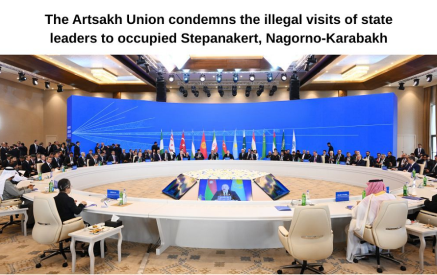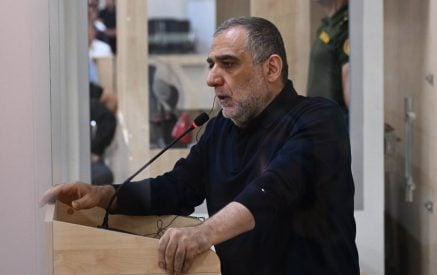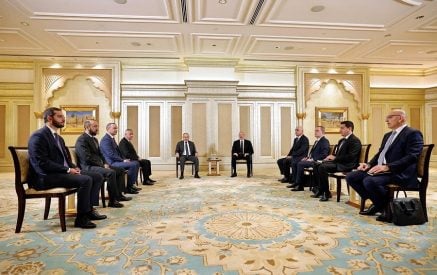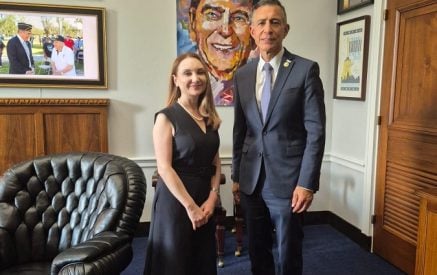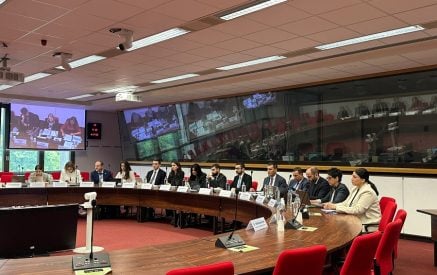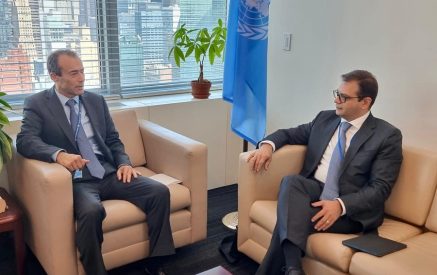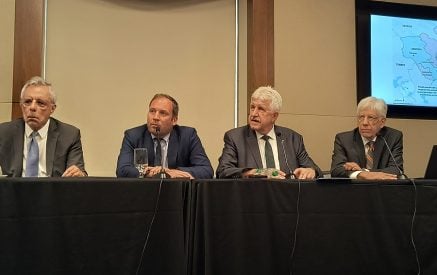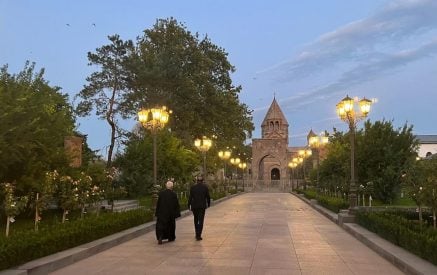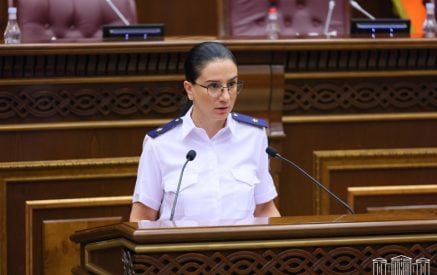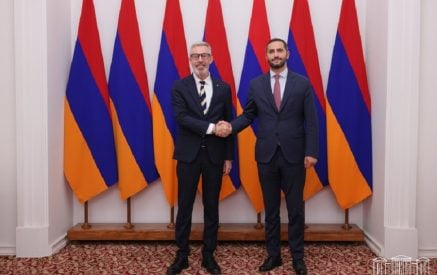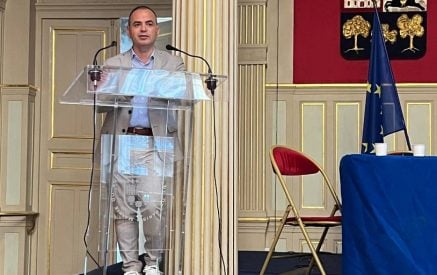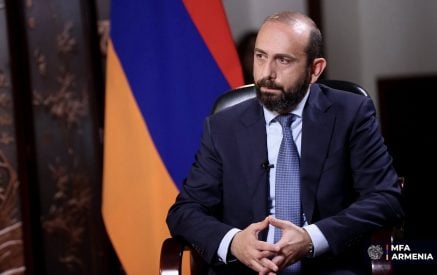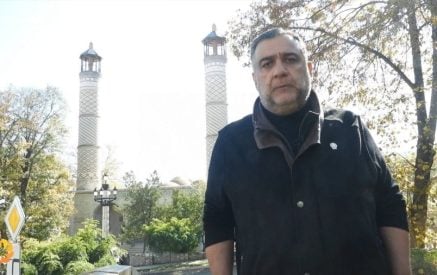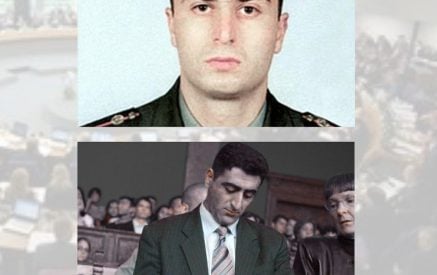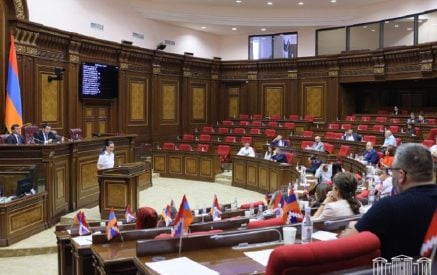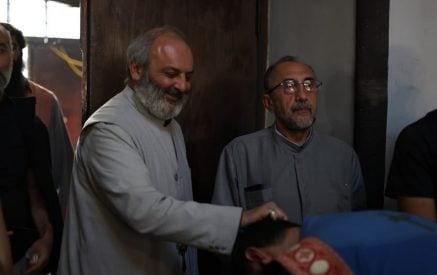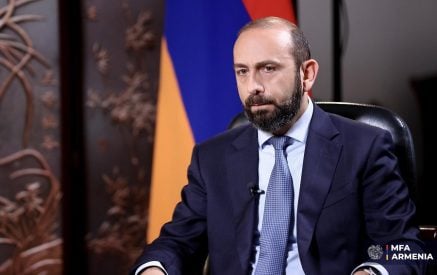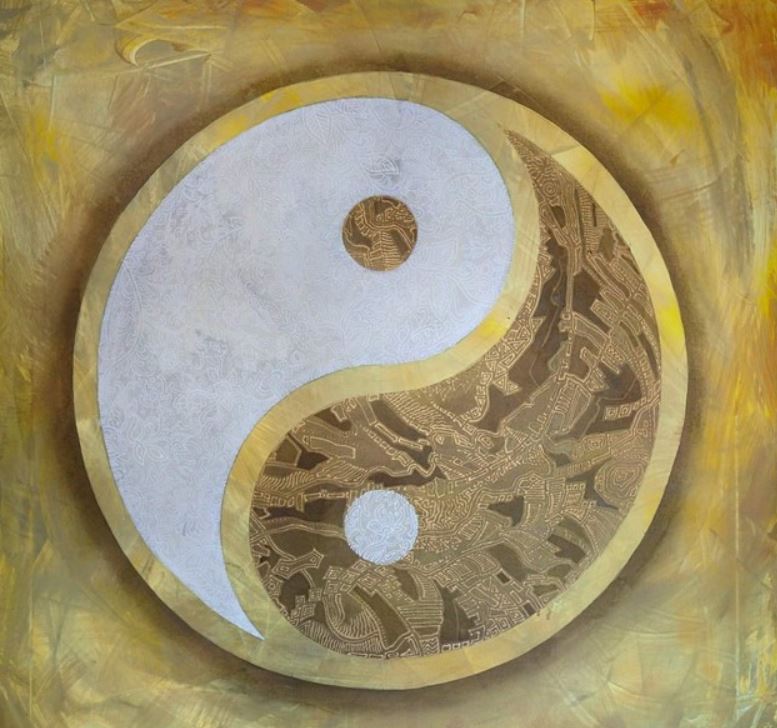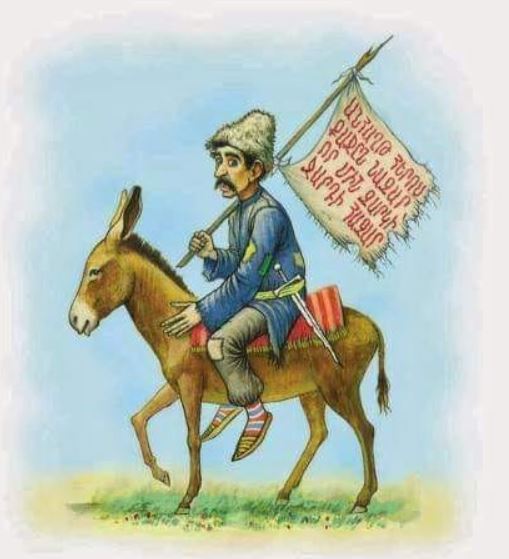Maybe think about “changing the optics”?
In modern times, until the second half of the 18th century, philosophers in the West were arguing over how we get our knowledge. Some said that it already exists in our minds, and we can only get it by deductive methods (real, not Sherlock Holmes), and understanding the “final foundations” of our minds. Their opponents claimed that there was nothing in our consciousness that was missing in our senses. And so our task is to understand what nature and society reflect in our wax-like brain. The proponents of both arguments were arguing until Emmanuel Kant said to them, my dears, why are you fighting? The dichotomy between you is false. The world as such is impossible to understand. We can say something about it only because we have certain “glasses” (categories, for example, time or space) that allow us to have something in this world structure, to find some meaning.
I have given this philosophical example to show that any dispute is ultimately due to the “glasses” we use. The call to “change optics” and “look at different optics” is widely used in the social sciences. Researchers mean that problems, including disputes, arise because they are characterized by categories used by the parties that are either inapplicable, outdated, or unrelated to the problem at all.
In this case, I mean a dispute that, on the one hand, is purely academic, theoretical, of interest only to historians and political scientists, and on the other hand, especially in the last 30 years, has acquired a sharp political nature, so sharp that the parties consider each other ignorant and charlatan, and they reject the claims of the other person to be a scientist or an intellectual. We are talking about the debate between the “Armenian Cause” and the “pragmatists.” The former consider the latter “anti-national,” “defeatist,” and sometimes “pro-Turkish.” The latter call the former “adventurous,” “dreamy,” “living in fairy tales,” “not one inch of land,” etc. From the point of view of the formee, the history of our 3 millennia was almost entirely a national liberation struggle, which from time to time was hindered by some traitors and “losers.”
Read also
From the point of view of the latter, the same story (especially from the second half of the 19th century) was mainly a process of delusion, “false romanticism,” which managed to stop only in 1988. Naturally, I am not going to interfere in the debate of authoritative scholars, although I do not fully understand why the claimant can not be pragmatic, and why the pragmatic must be anti-national or unprincipled. Even if I knew how to solve this “antinomy” (again, use Kant’s term), it would not be possible to answer that question on two computer pages. But I suggest that professionals, as well as publicists defending their line, participants in Facebook debates, think in this direction: if our people have these two ideas, is it not possible to use both of them to create a new political discourse, and finally to form a new national identity? I am convinced that national identity is not an eternal phenomenon that was created once and cannot be changed. It is a constant synthesis that is never interrupted. It is true that from time to time this process is more intense, as it is now with the Ukrainians.
Sometimes we say arrogantly, “Well, this is a new nation, that’s why they are looking for a national identity, and here we are so old that we have already established ourselves.” I think this is a delusion, and the process continues, a process that takes place both spontaneously and through the conscious efforts of intellectuals (constructivism). The people who see their goal as “freeing the people from the complexes of 3,000 years” may have set themselves too difficult a task, or they may have misinterpreted it. (Compare the sarcastic attitude of the extreme liberals to the fact that the older generation’s longing for “Soviet sausage” – not just sausage in recent decades).
The issue of complexity is also not so clear-cut. First, if we are talking about society, not the individual, it would be more accurate to speak of Jung’s “collective unconscious.” Why not take it as some energy that can be used for state building, nation building? This is roughly how the Armenian communists and their collaborators behaved in the 1960s and 1970s. People who, in fact, speak against political modernization, may think of Jared Diamond’s “fence” when we set a clear line. In the issues where we are strong, we have achieved something, so let us leave everything as-is. Where we are behind and where we do not keep pace with the world, we can slowly but decisively change society and its culture. Yes, first society, then the political institutions and the economy.
… And most importantly, let’s not point fingers at each other.
Aram Abrahamyan




